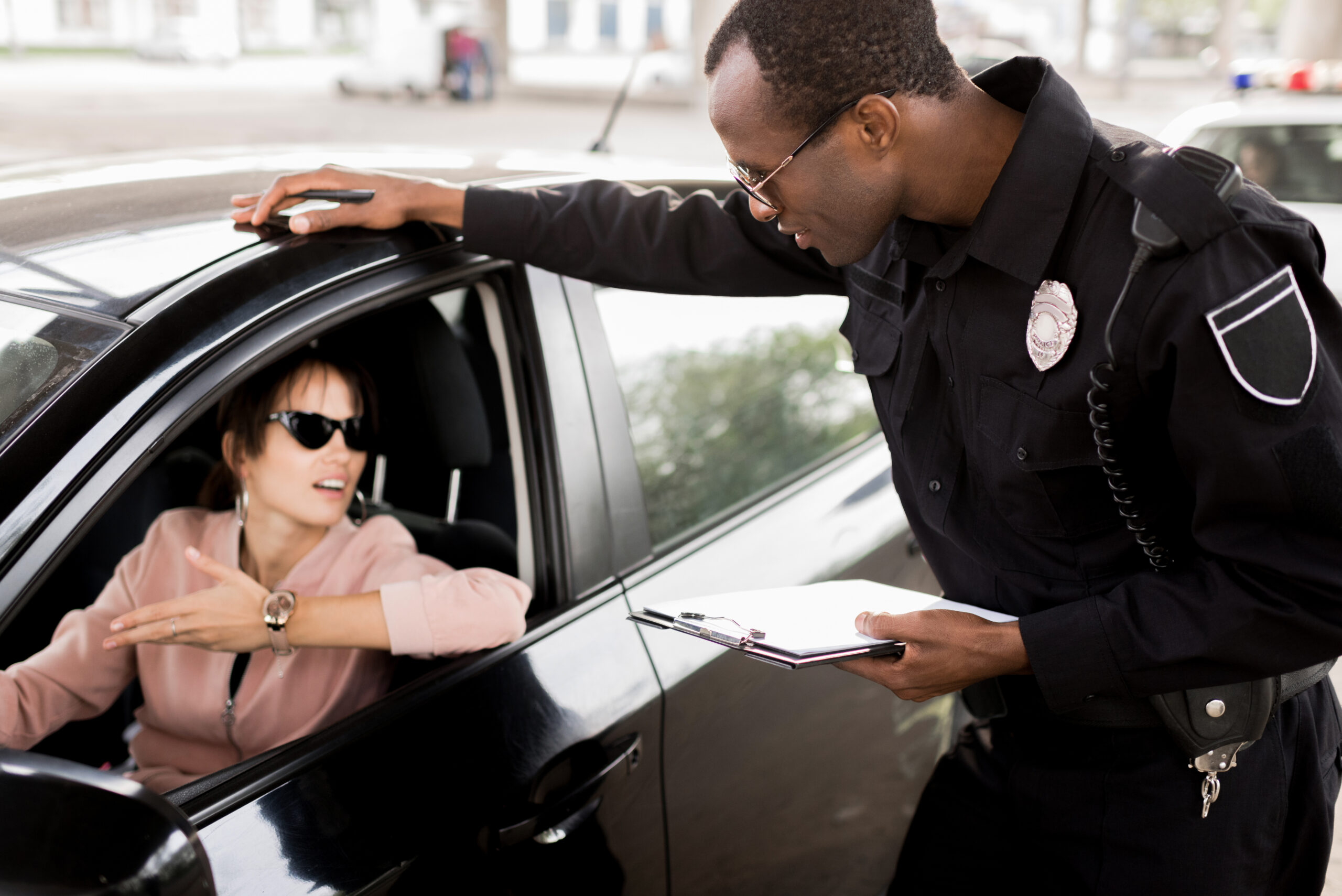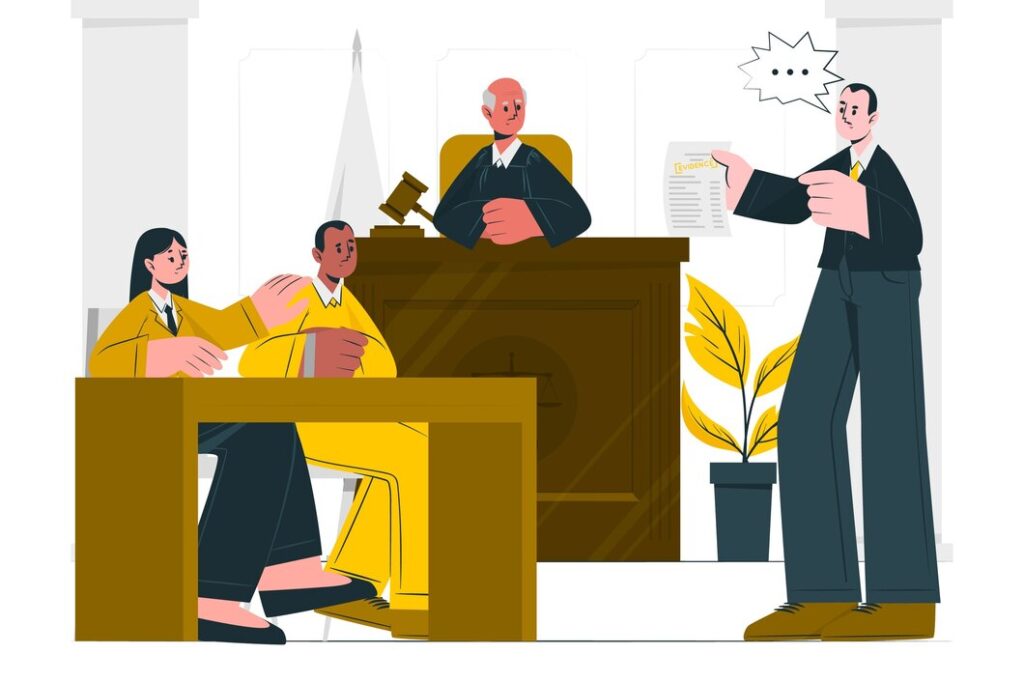If you’ve been charged with a DWI first offense in Texas, you may be wondering what happens next. A first-time DWI charge can be overwhelming, and the legal process may seem intimidating. However, understanding the court proceedings, possible penalties, and legal options can help you prepare for what’s ahead. The decisions you make early on—such as hiring a DWI attorney or requesting a license suspension hearing—can have a major impact on your case outcome.
This guide will walk you through what to expect in court after a first-time DWI in Texas, common defense strategies, potential penalties, and ways to minimize the long-term impact of your charge. Whether you’re worried about jail time, fines, or a suspended license, knowing your rights and the legal process will help you navigate your case more effectively and make informed decisions.
What is Considered a First-Time DWI in Texas?
A DWI first offense in Texas occurs when a person operates a vehicle while intoxicated, meaning they have a blood alcohol concentration (BAC) of 0.08% or higher or have lost the normal use of their mental or physical faculties due to alcohol or drugs. Even if your BAC is below 0.08%, you can still be charged with a DWI in Texas if law enforcement believes you are impaired. Officers can use field sobriety tests, erratic driving behavior, or slurred speech as evidence to justify an arrest.
For first-time offenders, the penalties can vary depending on several factors, such as:
- BAC level at the time of arrest
- Whether there was an accident involving injury or property damage
- If a minor (under 15 years old) was in the vehicle
- Whether there was an open container of alcohol in the car
- If the driver refused to take a breathalyzer or blood test
Texas law takes DWI offenses seriously, and aggravating factors can lead to harsher penalties, longer license suspensions, and mandatory jail time. Additionally, first-time offenders may face increased fines, community service, and alcohol education programs as part of their sentencing.
While a first-time DWI is generally classified as a Class B misdemeanor, it can escalate to a Class A misdemeanor or even a felony under certain circumstances. If a person’s BAC is 0.15% or higher, or if they caused a serious accident, the DWI charge becomes more severe. Understanding the severity of your charge will help you prepare for court and explore possible defense strategies.

What Happens After a First-Time DWI Arrest in Texas?
After a first-time DWI arrest in Texas, the legal process begins almost immediately. You will need to navigate multiple steps, including court appearances, administrative hearings, and possible penalties. The sooner you understand what to expect, the better prepared you’ll be to fight your case or minimize consequences.
1. The Arrest and Booking Process
Once officers arrest you for DWI in Texas, they will transport you to jail for booking. This includes:
- Taking your fingerprints and mugshot
- Recording your personal information
- Holding you in custody until bail is set
At this stage, officers will also document your behavior and any statements you make, which can later be used as evidence in court. Many first-time DWI offenders qualify for bail, but the amount will depend on your BAC level, criminal record, and the circumstances of the arrest. You may need to wait for a judge’s ruling before being released, which can take several hours or overnight.
2. Driver’s License Suspension Notice
Upon arrest, the officer will confiscate your driver’s license and issue a temporary driving permit. You have 15 days from the date of arrest to request an Administrative License Revocation (ALR) hearing to challenge the automatic suspension of your license. If you miss this deadline, your license will automatically be suspended even if your DWI case hasn’t gone to trial yet.
If you fail to request a hearing, your license suspension can last up to 90 days for a first offense. However, if you refused to take a breath or blood test, your suspension could be even longer, ranging from 180 days to two years. This suspension is separate from criminal penalties, which means even if your DWI charge is dismissed, your license could still be revoked under Texas administrative law.
3. The Arraignment Hearing
Your first court appearance, known as an arraignment, is where you will:
- Hear the official charges against you
- Be asked to enter a plea (guilty, not guilty, or no contest)
- Learn about your legal rights and possible penalties
At this stage, having a DWI lawyer is highly beneficial. If you plead not guilty, the case proceeds to pre-trial hearings and possibly trial. If you plead guilty or no contest, the judge will decide your sentence, which may include fines, probation, or jail time. Your lawyer may also negotiate for reduced charges or a pretrial diversion program, which could help you avoid a conviction.

Potential Penalties for a First-Time DWI in Texas
The penalties for a first-time DWI in Texas depend on the specific details of your case. The judge will consider factors like your BAC level, whether there was an accident, and whether a minor was in the car. Some defendants receive probation, while others face harsher penalties.
Criminal Penalties
For a standard first-time DWI conviction (BAC under 0.15% with no aggravating factors):
- Jail Time:3 days to 180 days in county jail
- Fines: Up to $2,000 (not including court costs and legal fees)
- License Suspension:90 days to 1 year
- DWI Education Program:Mandatory alcohol awareness course
- Probation:Up to 2 years, depending on the circumstances
If your BAC was 0.15% or higher, the charge upgrades to a Class A misdemeanor, which can lead to:
- Up to $4,000 in fines
- Jail time of up to 1 year
- Longer probation and additional court requirements
If there was a minor under 15 years old in the car, your charge becomes a felony, carrying:
- Up to 2 years in state jail
- A fine of up to $10,000
- Possible child endangerment charges
Administrative Penalties
In addition to criminal charges, the Texas Department of Public Safety (DPS) imposes separate administrative penalties that can affect your driving privileges. These include:
- License Suspension:Automatic upon conviction
- Annual Surcharges: Additional fines of $1,000 to $2,000 per year for three years
- Ignition Interlock Device (IID): Required if your BAC was 0.15% or higher
These penalties can have long-term effects, making it harder to keep your job if you rely on driving or increasing your auto insurance rates significantly.
Defenses Against a First-Time DWI Charge in Texas
Even though a DWI first offense in Texas carries serious consequences, strong defense strategies can help you fight the charges or reduce your penalties. A DWI lawyer will evaluate the evidence against you and determine if there are legal errors that could help your case.
1. Lack of Probable Cause for the Traffic Stop
Police officers must have a valid reason to pull you over. If they did not observe a traffic violation or suspicious behavior, your lawyer could argue that the stop was illegal, leading to case dismissal. If officers failed to establish probable cause, any evidence obtained during the stop could be thrown out in court.
2. Faulty Breathalyzer or Blood Test Results
Breathalyzer devices are not always reliable. If the machine wasn’t properly calibrated, or if the officer didn’t follow correct procedures, your BAC reading could be inaccurate. Likewise, if blood samples were mishandled or contaminated, test results could be unreliable, giving your lawyer grounds to challenge the case.
3. Field Sobriety Test Errors
Field Sobriety Tests (FSTs) are highly subjective and often unreliable. Your lawyer can argue that weather conditions, poor lighting, uneven road surfaces, or medical conditions affected your ability to perform the test. If the officer improperly administered the test, the results may be inadmissible in court.
4. Violation of Your Constitutional Rights
If the police failed to read your Miranda rights, conducted an illegal search, or used coercive tactics, your lawyer can argue that your constitutional rights were violated. This could result in the case being dismissed due to procedural errors.
How a DWI Lawyer Can Help You in Court
A DWI attorney in Texas plays a crucial role in fighting charges and minimizing penalties. An experienced lawyer can:
- Examine the evidence for errors and inconsistencies
- Negotiate plea deals to reduce charges
- Challenge unlawful arrests or test results
- Represent you at your ALR hearing to fight license suspension
A strong legal defense may reduce your penalties, get your charges lowered, or even result in dismissal.

Final Thoughts on First-Time DWI in Texas
A DWI first offense in Texas can lead to serious legal consequences, but understanding the legal process can help you prepare for court. Knowing what to expect from the moment of arrest to sentencing allows you to make informed decisions about your defense.
If you’re facing a first-time DWI charge, consult a Texas DWI lawyer immediately. The sooner you take action, the better your chances of reducing the impact on your life. With the right defense strategy, you can protect your future, your driving record, and your reputation.

